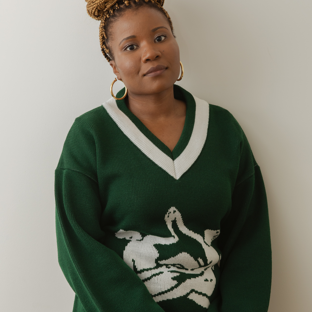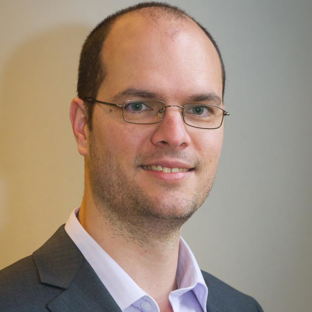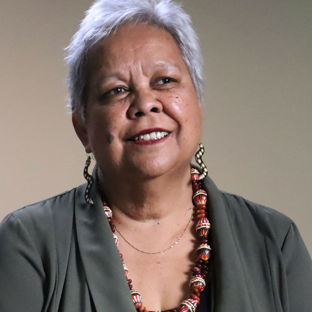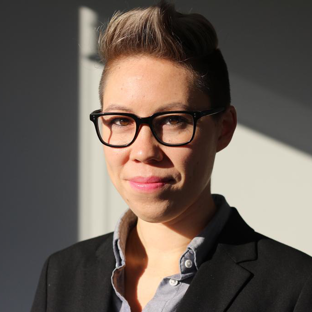While overt forms of racism in Australian workplaces are outlawed, many people from Indigenous and migrant backgrounds argue that racism is still pervasive – before and after joining a workplace. Last year, a major company’s employment listing overtly preferenced ‘candidates who are Anglo Saxon’. Multiple studies have shown that anglicising names on job applications improves a jobseeker’s prospects, prompting recent government trials of anonymous job applications.
So, how does racism manifest itself in the workplace – overtly, and covertly – and what impact does this have on both employee and employer? What can employers and governments do to address racial and religious discrimination at work?
Featuring

Santilla Chingaipe
Santilla Chingaipe is a filmmaker, historian and author, whose work explores settler colonialism, slavery, and postcolonial migration in Australia. Chingaipe’s critically acclaimed and award-winning documentary Our African ...

Yin Paradies
Professor Yin Paradies is an Aboriginal-Asian-Anglo Australian who is Chair in Race Relations and Indigenous Knowledges and Culture Coordinator at Deakin University. He conducts interdisciplinary research on the health, social and economic effects of racism as well as anti-racism theory, policy and practice across diverse settings, including government, workplaces, schools, universities, housing, the arts, museums and healthcare.

Jackie Huggins

Lee Carnie
Lee Carnie is a senior lawyer at the Human Rights Law Centre advocating for equality law reform and a national Charter of Human Rights, and the Director of Legal Advocacy at Equality Australia, Australia’s first national LGBTIQ+ legal advocacy and campaigning organisation. They are dedicated to tackling discrimination and building a movement for stronger human rights protections for all of us.
Lee has worked on strategic litigation, campaigns and advocacy for a range of equality law reforms across Australia, including the M106 High Court challenge to the marriage equality postal plebiscite, federal anti-discrimination protections, hate speech laws, birth certificate reforms and the Re Kelvin test case on access to hormone treatment for transgender young people.
Lee has previous experience in frontline advocacy, court representation and community education for people experiencing disadvantage, with a particular focus on youth homelessness, family violence, victims of crime, criminal law and poverty law. Lee has worked and volunteered for a range of community organisations, including the Liberty Victoria Rights Advocacy Project, Youthlaw, Asylum Seeker Resource Centre, the Federation of Community Legal Centres, North Melbourne Legal Service, Hume Riverina Community Legal Service, Victorian Gay and Lesbian Rights Lobby, Victorian Aboriginal Legal Service, PILCH Homeless Persons’ Legal Clinic, Empowering Women of Nepal, Fitzroy Legal Service and Fitzroy Learning Network.
Lee was an Australian NGO representative at the United Nations Human Rights Council in Geneva in 2018, the LGBTI Pacific Youth Conference in 2017, and the LGBTI Human Rights Conference in Uruguay in 2016. Lee has a Juris Doctor of Law and Bachelor of Arts from the University of Melbourne, and was awarded the Thorne Harbour Health Greig Friday Young Leader Award in 2018, and the Edward Walter Outhwaite Award for Human Rights Lawyering in 2011.
